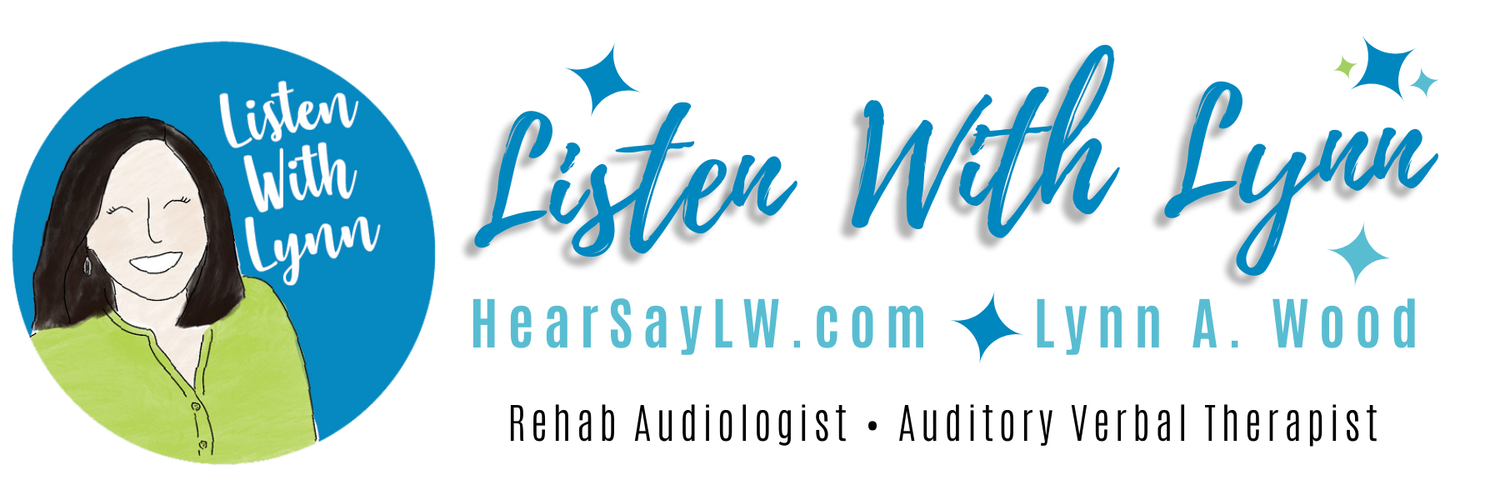Minimal Hearing Loss: From a Failure-Based Approach to Evidence-Based Practice
Allison M. Winiger, Joshua M. Alexander, and Allan O. Diefendorf
Am J Audiol. 2016 Sep 1;25(3):232-45. doi: 10.1044/2016_AJA-15-0060.
__________________________________________________________________
A review of literature on minimal hearing loss (MHL) published from 1950 to 2013 using the keywords minimal hearing loss, unilateral hearing loss, and mild hearing loss was sampled. The purpose was to provide evidence of challenges faced by children with MHL and to establish the need for evidence-based options for early intervention.
__________________________________________________________________
A Minimal Hearing Minimal Loss Should Not Result in Minimal Intervention
The very word minimal brings to mind trivial, negligible, insignificant and inconsequential. This does not describe the impact of Minimal Hearing Loss (MHL) on children with unilateral, mild, and high-frequency hearing losses according to this current representative sample of the literature.
The purpose was to identify challenges faced by these children and to establish the need for evidence-based options for early intervention. Six challenges associated with MHL emerged; Speech Recognition, Language Development and Competence, Academic Performance, Psychosocial and Emotional Well-Being, Listening Effort, and Localization. Six interventions were indicated for children with MHL: Preferential Seating and Classroom Modifications, FM Systems, Hearing Aids, CROS Hearing Aids, BAIs, Special Services (provision of audiological, educational and speech and language therapy) and Monitoring (hearing sensitivity and for the development or progression of negative effects of MHL). Due to the large individual variability in outcomes and performance, a universal protocol for intervention for children with MHL was not recommended...
About Hearing First
The Hearing First website is a multimedia digital experience and connection point designed to link families who have chosen Listening and Spoken Language (LSL) for their children with hearing loss and the professionals who work with them with the resources, information, tools, community and learning experiences they need to ensure the children in their lives succeed.


